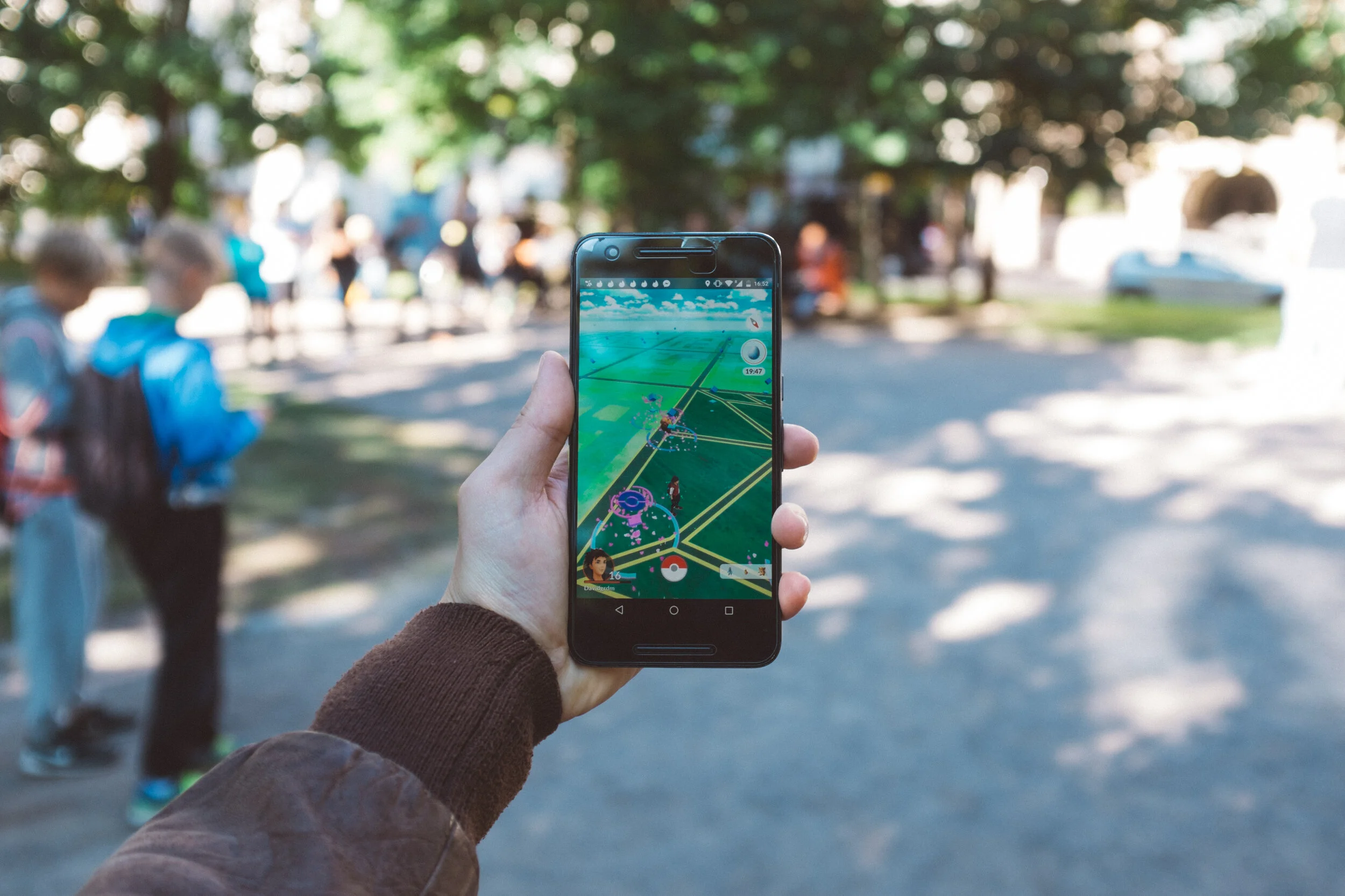Why Pokemon GO is more than PR and not the new Twitter
No one, not Nintendo, not Niantic or anyone else saw this coming. That’s a lie, maybe Nintendo’s PR agency had some kind of inkling but in hindsight we’ll never know the truth. No, no one really expected augmented reality to enter the mainstream news arm race via a mediocre GPS based mobile app leveraged with an ageing IP. No one, least of all me expected it to be Nintendo, and I can say that with some confidence, having lost a large pan-USA AR project with Pokemon because (and I quote): “Pokemon can never appear in the real world”. I can only imagine that large swathes of the Blippar team banging heads on lurid colour walls, having tried to engineer this kind of “campaign” for years and never got close because their core hook was always “advertising” not experience. And as we all know, everyone hates advertising.
In many ways Pokemon GO is a triumph over this kind of cynicism that not everything has to be “monetised” from the get go and that despite everyone’s best efforts, AR is not and will never be a medium for delivering advertising any more than video is/was. People are wiser now than 5 years ago about why and where they’re being served digital content. Many are now aware that if they’re not paying, they’re the product and will use the service or system accordingly. Loyalty cuts both ways in this relationship nowadays, when was the last time you watched a pre-roll on Youtube by choice?
And so as we see the breathless articles about Pokemon GO, it’s worth remembering that everyone loves a fad and if you are born from the slightly crappy sword of PR then there’s also a chance you’ll be shafted by it just as quickly. In 24 hours the user base of Pokemon GO has approached that of Twitter (which must have pleased Twitter as no one talks about them anymore) but also there’s rumblings of unwanted gatherings at the Holocaust Museum, potential use as a tool for robbery and so on. On top of this, the dreaded death knell for any #trend is when you see articles entitled: “what Pokemon GO means for the advertising industry”. In the 24 hour news cycle, you are just that unfortunately.
For those at Niantic and Pokemon, the problems will now begin about 1. retaining user levels/enthusiasm (probably impossible) and 2. how they monetise in app without killing the core of why people love it all in the first place (probably as impossible as 1). But while they wrestle with that, they should be applauded for starting a mainstream conversation about digital content in real world environments, and gamification in physical space using every day devices and more. If nothing else comes of this they’ve very likely made all our lives easier as people now know what AR actually is! Joking aside though it raises some really interesting questions about AR in the the next 5 years. So as I sit on a plane to talk about AR in China, I thought I’d pen some thoughts:
Pokemon has probably tipped the conversation enough to force a thorough reassessment of AR by brands and institutions alike. Well done Niantic!
We all hope that reassessment of AR is in the strategy and product teams not the marketing teams
Pokemon GO is not AR Foursquare, no matter how much they want it to be. Brands will explore luring people to physical spaces in the app and probably kill it as a result.
Pokemon GO is not the new Twitter
Or the future of retail
Pokemon GO will likely die as quick a death as it was born as the owners try to monetise and likely kill it in the process
Pokemon GO is not the answer but it’s great simple demo of what the answer could look like in 3-5 years
AR’s ability to gamify the physical world is bigger than all of us - just wait
AR’s ability to overlay anything on anywhere without any permission is going to cause a huge legal shitstorm going forward
AR gaming worldwide will never go mainstream until Wearables such as Hololens and Magic Leap appear
Mobile augmented reality is capable of showing much much more than you can see right now
Expect a slew of copycat apps with “brands” attached who were sold in by cynical advertising agencies
Expect brands to be furious when these apps don’t convert the numbers promised
Most agencies in London, New York etc are currently humping their overpriced office chairs as they now have a new “end of deck killer idea” to pitch to every brand they have
It will be harder to discuss mobile AR with brands as a result of points 5 and 6
A heartfelt thought for the poor little tech team who are trying to rapidly expand server space at Niantic and haven’t slept for 156 hours straight

